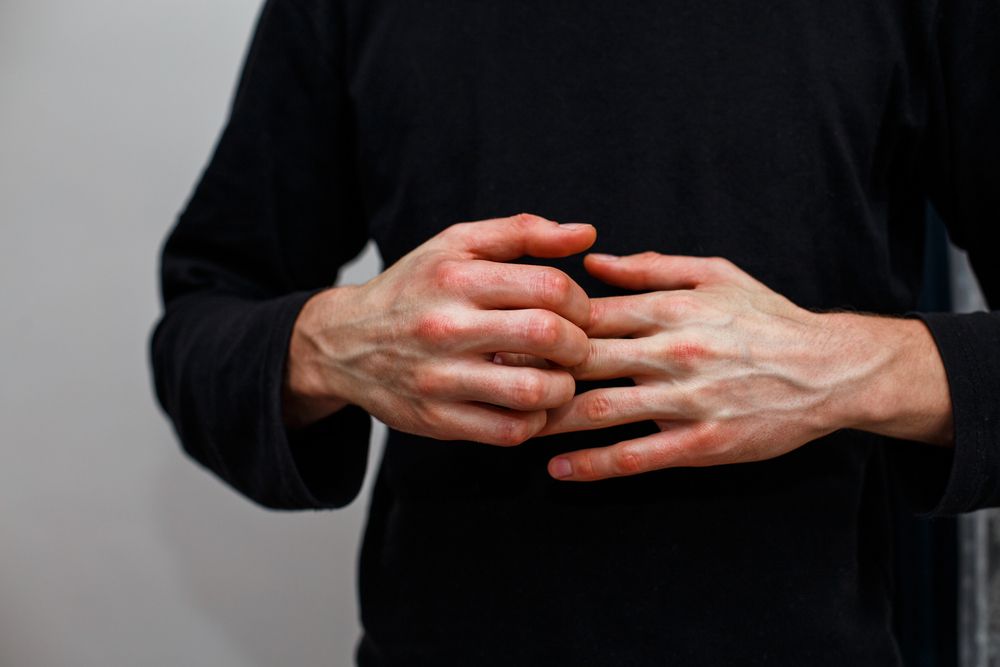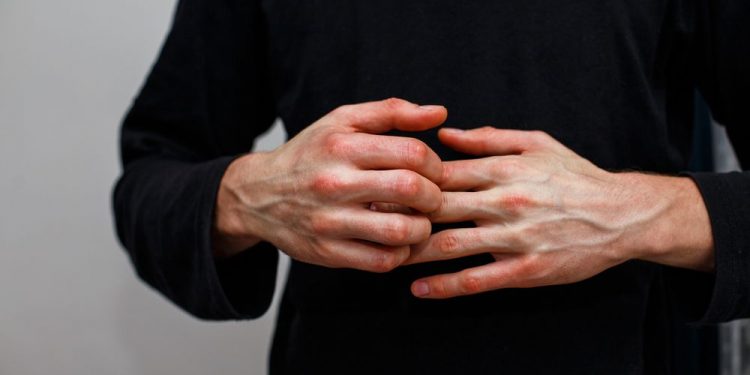If you have gastric cancer, you might want to talk with your doctor about taking part in a clinical trial. These trials test new ways to treat diseases such as gastric cancer, including the use of different combinations and timing of treatment. You might also consider palliative care, which is a way to help you manage pain and other symptoms.
Before you begin treatment, your doctor will do tests to find out whether your cancer has spread within your stomach or to other parts of the body. This process is called staging. Your doctor may also do other tests to check your overall health and see how you respond to treatment.
If the cancer is still in your stomach lining and has not spread, surgery might be enough to cure you. If it has spread to other parts of the body, you will need other treatments.
A surgeon might remove a part of your stomach or the lower two-thirds of your stomach along with nearby fatty tissue and lymph nodes. Your doctor might also remove a part of your esophagus, if the cancer has spread there.
Your doctor might also give you chemotherapy that travels through your whole body to kill cancer cells throughout it. This type of chemotherapy is called systemic therapy. You might have it through a vein (IV) or as pills.

In some cases, your doctor might give you chemotherapy right after surgery. This is called hyperthermic intraperitoneal chemotherapy (HIPEC). Your doctor will put the medicine in your belly (abdomen). It might be heated to make it more effective. Then your doctor will drain the medicine from your belly after a set amount of time.
You might have chemo that is mixed with targeted therapy. This is a type of therapy that targets certain genes or proteins in the cancer. It might help your immune system fight the cancer or it might slow down the growth of the cancer cells.
Several medicines have shown some promise in the treatment of advanced stomach cancer, including trastuzumab and some immune checkpoint inhibitors. But they have not improved survival in most patients.
Your doctor might decide to try a combination of chemotherapy and radiation therapy for your stomach cancer. You might be given a fluoropyrimidine and platinum doublet or a combination of other drugs. You might be given these drugs by mouth or through a vein (intravenous, or IV).
Your doctor might suggest neoadjuvant chemotherapy before surgery to improve the chance of a curative resection. A few studies have shown that neoadjuvant chemotherapy with the FOLFOX regimen (fluorouracil, doxorubicin and methotrexate) improves survival compared to surgery alone in patients with stage III or IV invasive gastric cancer.









